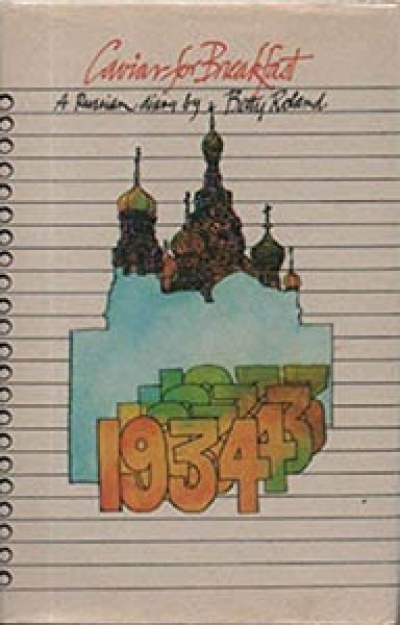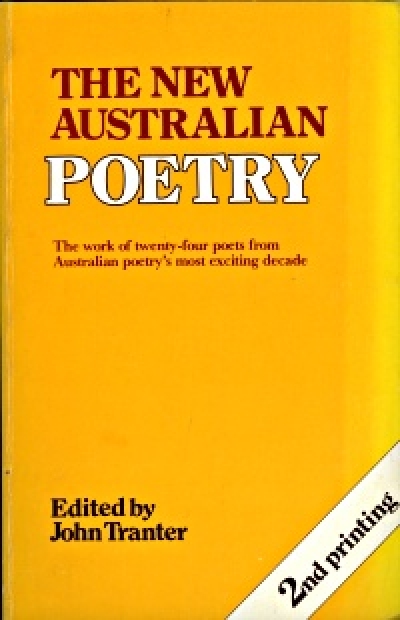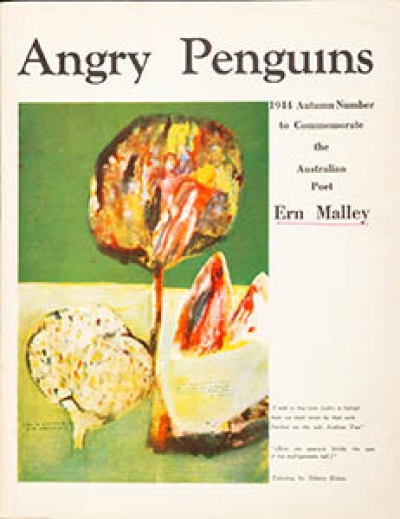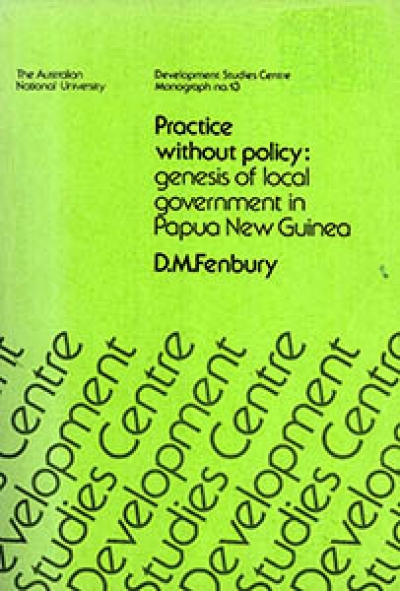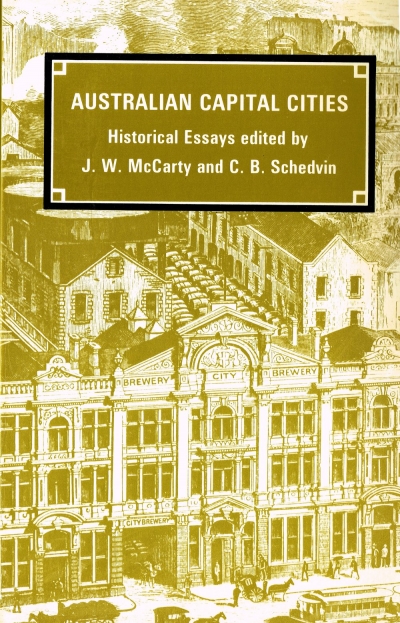Archive
It may seem callous at a time when so much human life is being wasted to spare any concern for the destruction and dissipation of the archaeological collection in the National Museum at Kabul. Yet the loss in both cases is irreplaceable, and it may even be that the loss of the artefacts is, in the long run, qualitatively more important than the loss of individual human lives.
... (read more)Angry Penguins edited by Max Harris and John Reed & Poetic Gems by Max Harris
by John McLaren •
‘Go, little book,’ or the book as emissary, is not the simple matter that it once was.
Australian books and their authors now go to most European and Asian countries on diplomatic duties.
The purpose is neither to broaden the writers’ lives nor to sell books abroad, but to supplement the Government’s other diplomatic initiatives.
... (read more)Practice without Policy: Genesis of local government in Papua New Guinea by D.M. Fenbury
by R.K. Wilson •
Faces of My Neighbour: Three journeys into East Asia by Maslyn Williams
by David Martin •
Australian Capital Cities: Historical Essays edited by J.W. McCarty and C.B. Shedvin
by John Lack •

